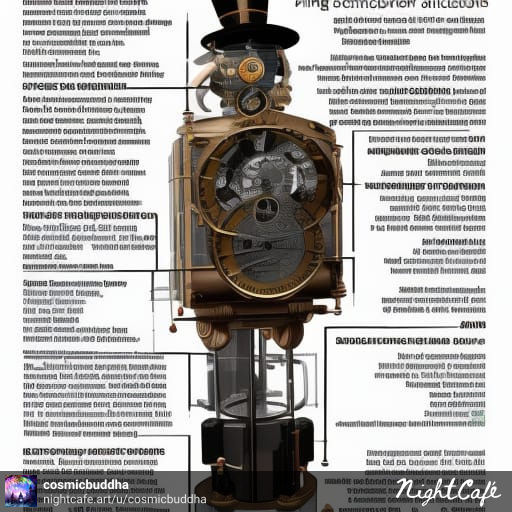Blue vs Red Kapom/Gapom Species
No photos here, just a link to a 13 year old post I updated about some local lizard species which are called the same thing in Thai/Isan languages: กะปอม/กิ้งก่า), but ended up being distinct species with different common names: Oriental garden lizard (Calotes versicolor) vs. Calotes mystaceus (the Indo-Chinese forest lizard).
For the sake of posterity, I hereby shorten their names to Bob(s) and Dan(s). Bobs are the red ones, Dans are the blue ones (did you know that roughly 75% of people on social media would have used apostrophes to indicate plurality in that sentence?)
Update: Uh oh, there are Emmas (green when mating) in Thailand as well: Calotes emma
Further update: There are also some references to a species called Calotes goetzi which is treated as a separate species on some pages, but is also reported to have replaced Calotes mystaceus (who I just call Dan[s]) altogether according to this page, which also says that Dan is called กิ้งก่าหัวสีฟ้า (ging ga hua si faa) in Thai. This literally means the “gin ga (forest lizard) with a blue head,” which I immediately think is weird, because a much larger area than just the head turns blue, and also, every local I’ve ever talked to has just called it a “blue forest lizard” in Thai – there is no reason to be more specific, especially when it’s less accurate.





4 Comments
Pingback:
Kevin Kim
did you know that roughly 75% of people on social media would have used apostrophes to indicate plurality in that sentence?
In my job as a textbook content creator, I deal with English-related problems all the time, and while I didn’t specifically know the 75% statistic, I can’t say that it surprises me.
And how many people know that an apostrophe-as-pluralizer is justifiable only in extreme cases where clarity is paramount?
WRONG: My daughter always gets a lot of As.
RIGHT: My daughter always gets a lot of A’s.
That’s about the only case I can think of where the apostrophe can be used that way.. Otherwise, I have to deal with people incorrectly writing “In the 1950’s…”
So, you’re learning the Isan language along with Thai? Or is it fair to say you’re fluent in Thai at this point, with Isan just being a side thing? Or are you fluent in both? If the latter, that’s an impressive stack of languages you know.
Justin
Sorry, the 75% was just a statistic I made up that might be accurate (I was emulating ChatGPT).
I can get along in Thai pretty well at this point, but learning new things takes longer and longer. Also, I can feel new Thai vocab overwriting space in my memory already used for Japanese. Isan language becomes more familiar to me, but I never became proficient at it because I’m mostly around academics who mostly use Thai language. Most of them can understand Isan language, but don’t really speak it beyond a handful of words/phrases mostly having to do with greetings/food/feelings.
Kevin Kim
And of course, in the midst of my grammar rant, I doubled a period. D’oh.